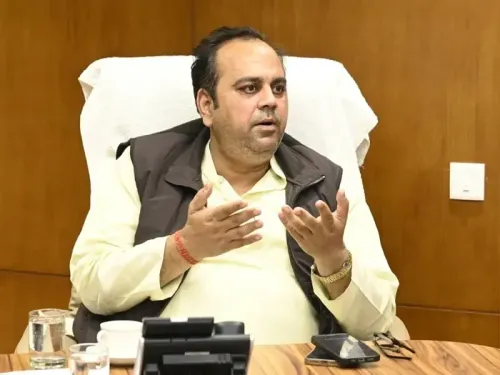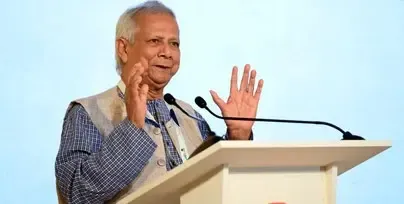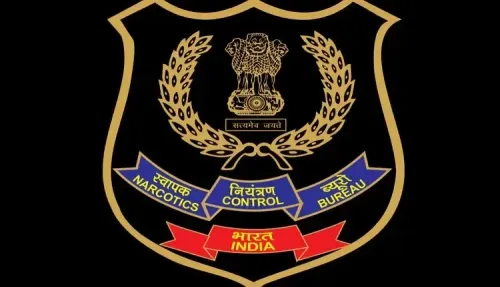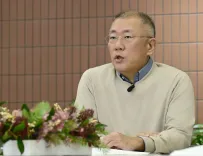Did 4.5 Lakh People Register for the Ayushman Bharat Scheme in Delhi?
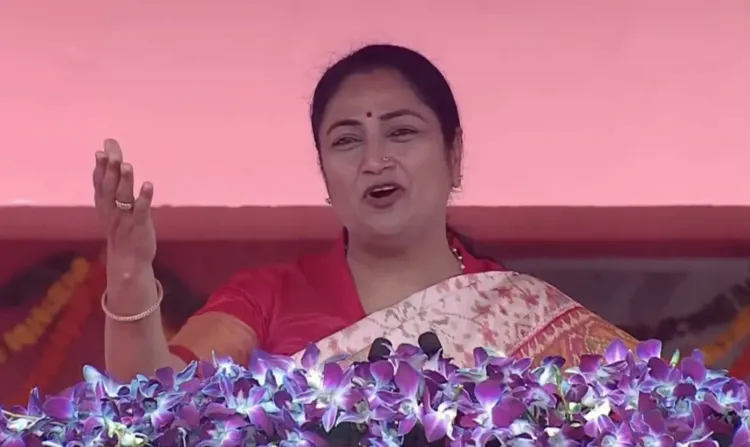
Synopsis
Key Takeaways
- 4.5 lakh registrations for Ayushman Bharat in Delhi.
- Health insurance cover of Rs 10 lakh for beneficiaries.
- Opening of 166 Ayushman Arogya Mandirs.
- Employment of 1,500 nurses and medical staff.
- Launch of Atal Canteens for affordable meals.
New Delhi, Aug 15 (NationPress) Chief Minister Rekha Gupta announced that 4.5 lakh individuals in the national capital have signed up for the government’s premier health insurance initiative, Ayushman Bharat Yojana, on Friday.
During her first Independence Day speech at the Chhatrasal Stadium, Gupta highlighted that all registered beneficiaries receive a health insurance cover of Rs 10 lakh.
“Our government launched the Ayushman Bharat scheme in Delhi on its very first day, and we have achieved 4.5 lakh registrations thus far,” the CM remarked.
“Each beneficiary is provided with a health insurance cover amounting to 10 lakh rupees,” she added, mentioning the opening of 166 Ayushman Arogya Mandirs (local clinics) across the capital.
Ayushman Bharat is recognized as the world’s largest health insurance initiative, covering 580 million people and ensuring free medical treatment.
Officially launched in Delhi on April 10, the registration for eligible beneficiaries began on the same day, with approximately 6.54 lakh families expected to benefit from the scheme.
Furthermore, the Chief Minister pointed out that long-pending permanent jobs have been filled in the capital.
To enhance healthcare in Delhi, “1,500 nurses and medical staff have received permanent positions,” Gupta stated.
She also emphasized her government’s commitment to providing clean water and a piped supply to everyone, from slum areas to affluent neighborhoods.
Gupta announced various welfare initiatives, including the establishment of a board for gig workers, housing for slum residents, and crèches for working women.
Additionally, Gupta revealed the launch of Atal Canteens to serve meals for just Rs 5 to workers, aiming to enhance food security and improve the nutritional status among economically weaker groups.


